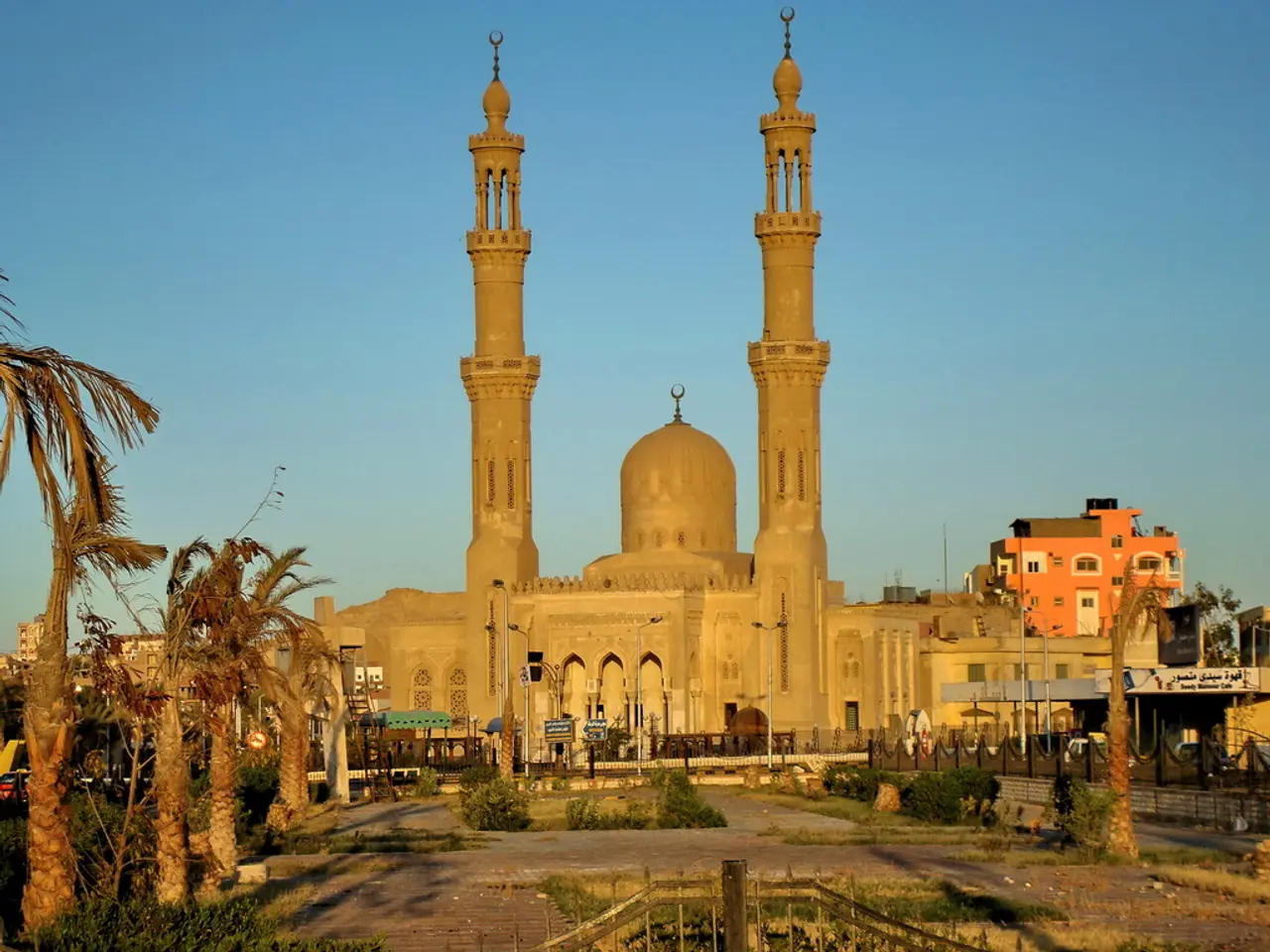UAE's Strong Standing for Recovery as Hormuz Tensions Ease
The Strait of Hormuz, a critical maritime chokepoint, has been at the heart of escalating Gulf tensions following US strikes on Iranian nuclear sites. However, with recent truces, the specter of full-fledged closure has eased, alleviating fears for now. But if this were to occur, what would be the consequences for the United Arab Emirates (UAE)?
According to Hamza Dweik, Head of Trading at Saxo Bank Mena, a temporary closure of the Strait would instantaneously inflict economic ramifications on the UAE, predominantly in the sectors of oil exports, imports, and inflation. The UAE exports approximately 3.5 million barrels of oil daily, with a significant portion transiting through the strait. While the Habshan-Fujairah pipeline offers an alternate route capable of transporting up to 1.8 million barrels a day, it does not fully offset the typical volume passing through the Strait of Hormuz.
Konstantin Vladimirovich Tserazov, former Senior Vice President at Otkritie Bank, pointed out that global shipping had already began adjusting in anticipation of conflict. Ships are taking longer routes to avoid the area, adding days to voyages, as the UAE imports 90% of its food and consumer goods by sea. Longer shipping routes mean higher costs, which ultimately get passed on to consumers.
Data centers, fueled by power-hungry sectors like AI and data infrastructure, would also experience energy shortages if the Strait closes. The UAE's gas powers 76.5% of its electricity, and any disruption in the supply chain could impact theability to keep servers online, compete with cooling homes, and running factories.
While strategic foresight, from energy pipelines to diversified ports and strong capital reserves, should cushion the UAE's resilience, a prolonged closure would test the region's maritime security architecture and commercial adaptability. Crucial ports like Jebel Ali, Khalifa, and Mina Rashid face schedule disruptions, vessel bunching, and cascading delays across container, tanker, and bulk traffic. Ports outside the strait, such as Fujairah, act as crucial alternatives.
In conclusion, even though the UAE is better positioned than many Gulf nations to absorb and reroute, a prolonged closure of the Strait of Hormuz would not only delay cargo but also test the region's entire maritime security architecture, logistics resilience, and commercial adaptability. Expert analysis suggests that strategic foresight, from energy pipelines and diversified ports to strong capital reserves, will provide a reliable shield against regional volatility.
The closure of the Strait of Hormuz could negatively impact the UAE's business sector, particularly oil exports, imports, and inflation, as mentioned by Hamza Dweik of Saxo Bank Mena. Global shipping is already adjusting, with longer routes being taken to avoid the area, which could lead to higher consumer costs as pointed out by Konstantin Vladimirovich Tserazov, former Senior Vice President at Otkritie Bank. Moreover, data centers in the UAE, powered by gas-driven electricity, could experience energy shortages and disruptions, potentially affecting their operation and the region's general-news landscape.





